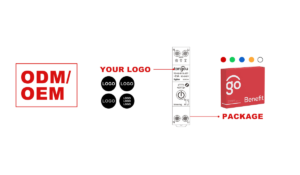
Tasmota Firmware: Architecture, Use Cases, and Smart Energy Applications
Tasmota Firmware: Architecture, Use Cases, and Smart Energy Applications What Is Tasmota? Tasmota is an open-source firmware designed for ESP8266 and ESP32-based IoT devices.It enables





